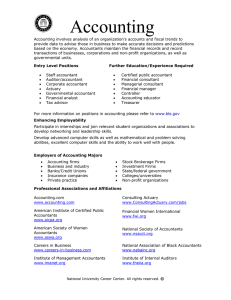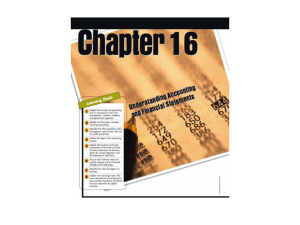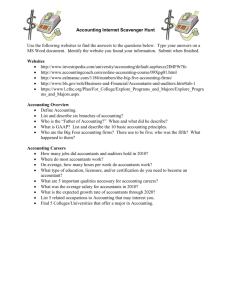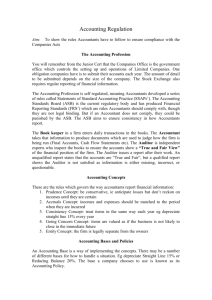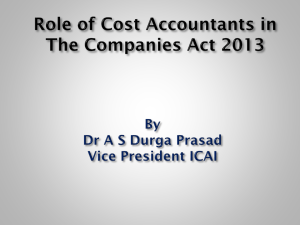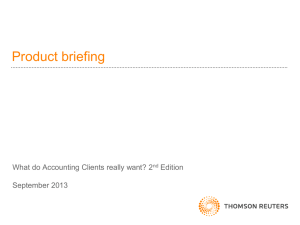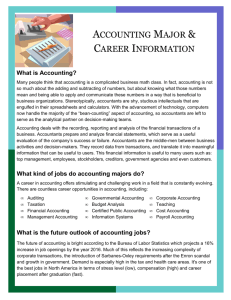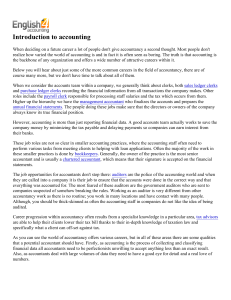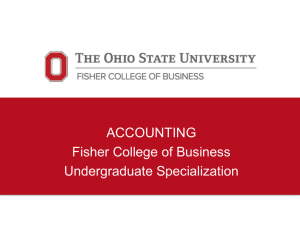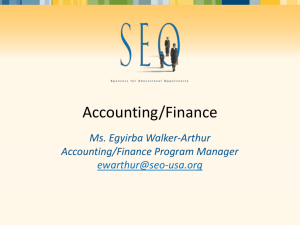Surprise! Finance Professionals Prefer Problem Solving Over
advertisement
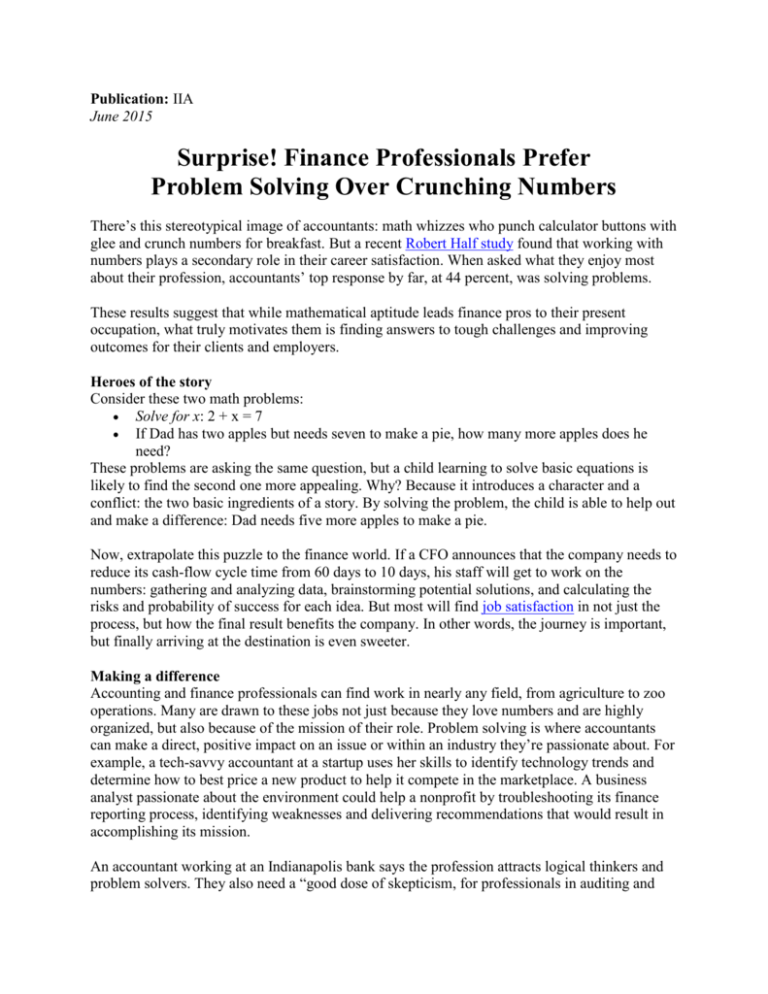
Publication: IIA June 2015 Surprise! Finance Professionals Prefer Problem Solving Over Crunching Numbers There’s this stereotypical image of accountants: math whizzes who punch calculator buttons with glee and crunch numbers for breakfast. But a recent Robert Half study found that working with numbers plays a secondary role in their career satisfaction. When asked what they enjoy most about their profession, accountants’ top response by far, at 44 percent, was solving problems. These results suggest that while mathematical aptitude leads finance pros to their present occupation, what truly motivates them is finding answers to tough challenges and improving outcomes for their clients and employers. Heroes of the story Consider these two math problems: Solve for x: 2 + x = 7 If Dad has two apples but needs seven to make a pie, how many more apples does he need? These problems are asking the same question, but a child learning to solve basic equations is likely to find the second one more appealing. Why? Because it introduces a character and a conflict: the two basic ingredients of a story. By solving the problem, the child is able to help out and make a difference: Dad needs five more apples to make a pie. Now, extrapolate this puzzle to the finance world. If a CFO announces that the company needs to reduce its cash-flow cycle time from 60 days to 10 days, his staff will get to work on the numbers: gathering and analyzing data, brainstorming potential solutions, and calculating the risks and probability of success for each idea. But most will find job satisfaction in not just the process, but how the final result benefits the company. In other words, the journey is important, but finally arriving at the destination is even sweeter. Making a difference Accounting and finance professionals can find work in nearly any field, from agriculture to zoo operations. Many are drawn to these jobs not just because they love numbers and are highly organized, but also because of the mission of their role. Problem solving is where accountants can make a direct, positive impact on an issue or within an industry they’re passionate about. For example, a tech-savvy accountant at a startup uses her skills to identify technology trends and determine how to best price a new product to help it compete in the marketplace. A business analyst passionate about the environment could help a nonprofit by troubleshooting its finance reporting process, identifying weaknesses and delivering recommendations that would result in accomplishing its mission. An accountant working at an Indianapolis bank says the profession attracts logical thinkers and problem solvers. They also need a “good dose of skepticism, for professionals in auditing and internal controls,” she added. Referring to finance professionals as mere number crunchers, bean counters or calculator queens/kings can be humorous, but doing so tends to diminish their key role in the long-term success of any business. Without their expertise and insights, organizations would lack essential strategic guidance. Problem solving is where accountants get to resolve conflicts and find happy endings for their companies — a sure reason for career satisfaction. This article is provided courtesy of Robert Half Management Resources, the premier provider of senior-level accounting, finance and business systems professionals to supplement companies' project and interim staffing needs. The company has more than 150 locations worldwide and offers online job search services at www.roberthalfmr.com. Follow our blog at blog.roberthalfmr.com. ###
